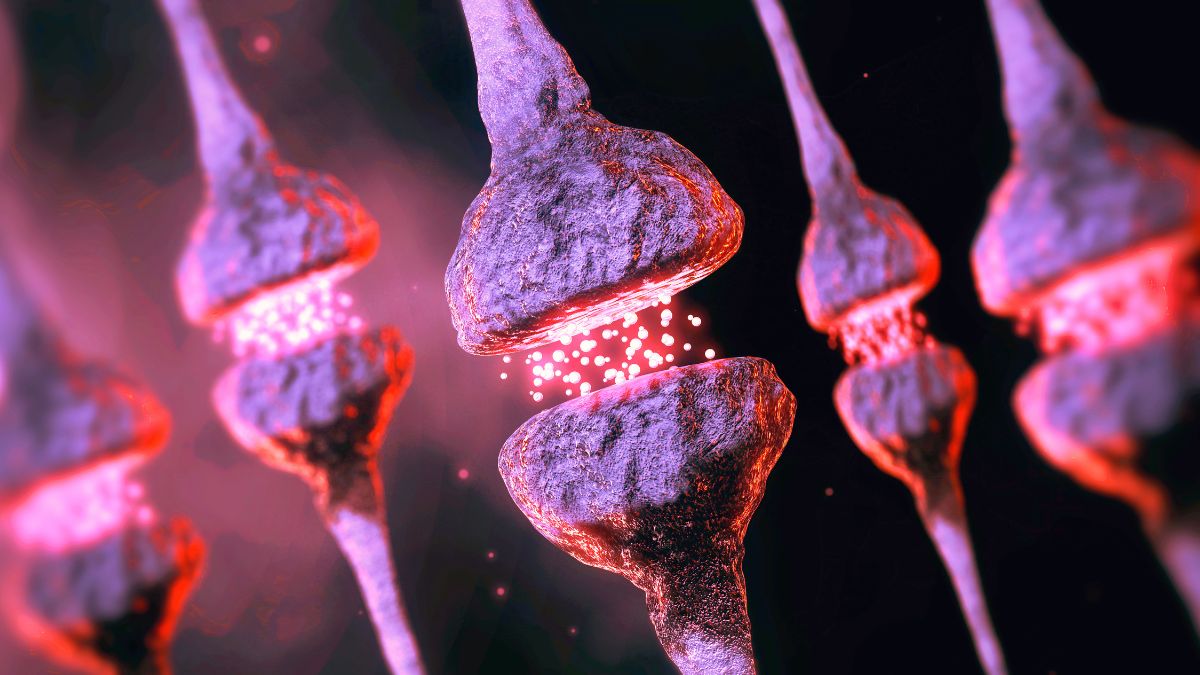
The pursuit of extending human life has gained renewed vigor with advancements in artificial intelligence (AI) and nanotechnology. As researchers explore the complexities of ageing and longevity, the potential for significant breakthroughs in health and lifespan appears closer than ever.
The average life expectancy has evolved dramatically over the last century. In the early 20th century, individuals in the United States could expect to live until around 47 years. By the mid-20th century, this number increased to approximately 66 years for men and 71 years for women, primarily due to improvements in sanitation and medical advancements, including antibiotics. By the end of the century, life expectancy reached 78 years, largely attributed to public health initiatives aimed at heart disease prevention.
Despite these advances, the trend has not continued uniformly across the globe. Recent studies indicate a decline in life expectancy in many countries, with only South Korea and Hong Kong witnessing sustained increases. Many experts suggest that while some individuals may age gracefully, the biological constraints of ageing impose limits on the general population’s longevity.
As these challenges persist, the emergence of AI offers promising avenues for extending life. This technology processes vast amounts of data rapidly, facilitating breakthroughs in medical research. For instance, AI played a crucial role in the expedited development of the Moderna mRNA Covid vaccine, showcasing its potential to revolutionize healthcare.
The impact of AI is not limited to infectious diseases. Researchers anticipate that as AI continues to evolve, it will enable a deeper understanding of neurodegenerative diseases, such as Alzheimer’s. This knowledge could lead to preventative strategies that could halt these conditions before they manifest.
Additionally, nanotechnology stands on the horizon as a transformative force. It involves the creation of microscopic systems, such as nanobots, that could repair cellular damage within the human body. Experts project that such technologies could become available within the next decade, potentially paving the way for enhanced human health and longevity.
Some futurists envision a scenario where AI may facilitate a fusion between human consciousness and digital platforms, allowing individuals to preserve their identities in the cloud. This concept raises profound ethical questions about identity, mortality, and the essence of being human.
While the potential for these technologies is immense, caution is warranted. The same AI and nanotechnology that promise to extend life could also pose risks if not properly regulated. Experts continue to assert that biological limits are innate, and maintaining health through conventional means—such as exercise, nutrition, and adequate rest—remains essential.
As societal interest in anti-ageing solutions grows, many individuals are turning to supplements and wellness regimens in anticipation of breakthroughs in longevity science. Whether these advancements will lead to a new era of life extension or remain within the realm of aspiration remains to be seen.
In summary, the quest for immortality through AI and nanotechnology is not merely a speculative fantasy but a burgeoning field of research with the potential to redefine human longevity. As advancements unfold, society must navigate the implications of living longer, healthier lives while grappling with the ethical considerations these technologies entail.







